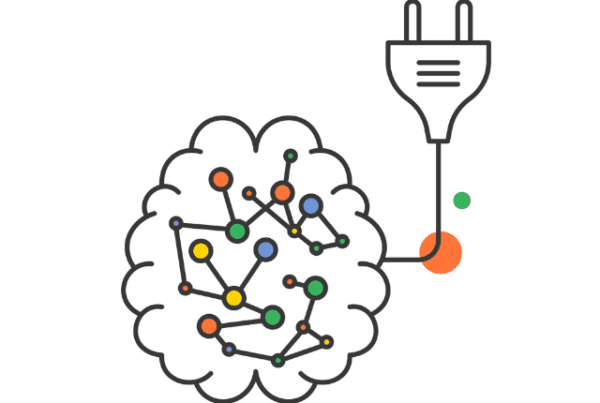Pop culture loves to treat the heart and the brain as though they’re constantly at odds. Follow your heart, not your head, in emotional situations — but use your head, not your heart, when you need to be logical.
It turns out there is some truth to this dichotomy, but not in the way you’d expect.
Heart disease and depression
Medical research has shown that there is a strong connection between heart disease and depression. The link is bi-directional: People with depression are at greater risk for heart problems, and people with heart problems are at greater risk for depression.
“There are studies showing that over a period of decades depression is associated with increased incidence of heart disease. And among people who already have heart disease, depression is associated with worse outcomes,” says Mark Sullivan, MD, PhD, a UW professor of psychiatry and behavioral sciences who studies mental health in heart disease patients and has treated patients at the UW Medicine Heart Institute.
It’s not as simple a matter as one causing the other, he explains, but the connection is stronger than just a correlation of two things that happen to occur together.
Research shows that up to 20% of people who have a heart attack will develop major depression while up to 45% of people with coronary artery disease (which includes people who have a heart attack) have significant depressive symptoms.
The impact on quality of life
Aside from depression worsening outcomes for people who have heart disease, the combination of the two diseases makes it more likely that someone will be rehospitalized or go to the doctor more often, won’t function as well physically and will have a lower quality of life.
Some of this is due to the fact that the nature of depression — feeling hopeless, moving more slowly if at all, having a depressed mood and little motivation — discourages people from taking care of themselves. People who have a heart attack and get depressed, for example, are much less likely to engage in health-promoting behaviors like quitting smoking, exercising regularly and following a healthy diet.
They are also more likely to develop an anxiety disorder such as generalized anxiety disorder or post-traumatic stress disorder.
Perplexingly, cardiac disease severity alone doesn’t necessarily predict how well someone will recover from an event like a heart attack or how well someone will fare managing a chronic illness like heart disease, Sullivan says. Mental health plays a major role.
“Having a heart attack definitely brings your mortality to mind. People who have one when quite young would tell me they expected to be in this situation later in life. It makes you feel like you’re a lot more fragile,” he says.
Risk factors and screening
Not everyone who experiences heart disease or a heart attack will develop depression; in fact, most people won’t. Some will only develop it for a short period of time and then it will resolve on its own without treatment.
“It may seem like the medical events are enough to make anyone depressed, but the fact is they don’t. Major depression only occurs in a minority, around 20% or so; it’s not inevitable. It doesn’t happen to everyone, but it does happen to a significant fraction,” Sullivan explains.
Current recommendations for depression screening in heart disease patients involves having patients answer the PHQ-2 (or the first two questions of the PHQ-9) then moving on to the full PHQ-9 if their answers suggest depression.
Sometimes figuring out which patients are depressed poses a challenge, Sullivan says. In patients who have heart failure, for example, some of the physical realities — like feeling fatigued, having sleep problems and being upset that they can’t do some of the things they used to love — can mimic depression symptoms.
Screening for depression isn’t by itself enough to be helpful, Sullivan says. That’s because identifying the problem does nothing if there’s no treatment and follow up.
Treatment options
Treatment for comorbid depression and heart disease can be challenging, often because the symptoms of depression make it harder for someone to seek help and follow through with recommendations. But treatment is also extremely beneficial.
“A lot of things that improve depression also improve heart disease. Exercise is great for both, improving diet is great for both,” Sullivan explains.
Ultimately, he recommends that people who are concerned about depression, heart disease or both talk with their primary care provider or cardiologist. Though medicine still has a lot to learn about depression and heart disease, doctors are becoming much more familiar with the fact that the two conditions can coexist, Sullivan says.
“There is a pretty widespread initiative at UW Medicine to do depression screening with the PHQ-9 that helps determine how significant symptoms are and whether you need treatment,” he says.
Some people may have to try different treatment options, such as medication and therapy, before they find what works for them. But depression is treatable and taking care of it will help improve both physical and mental health.


